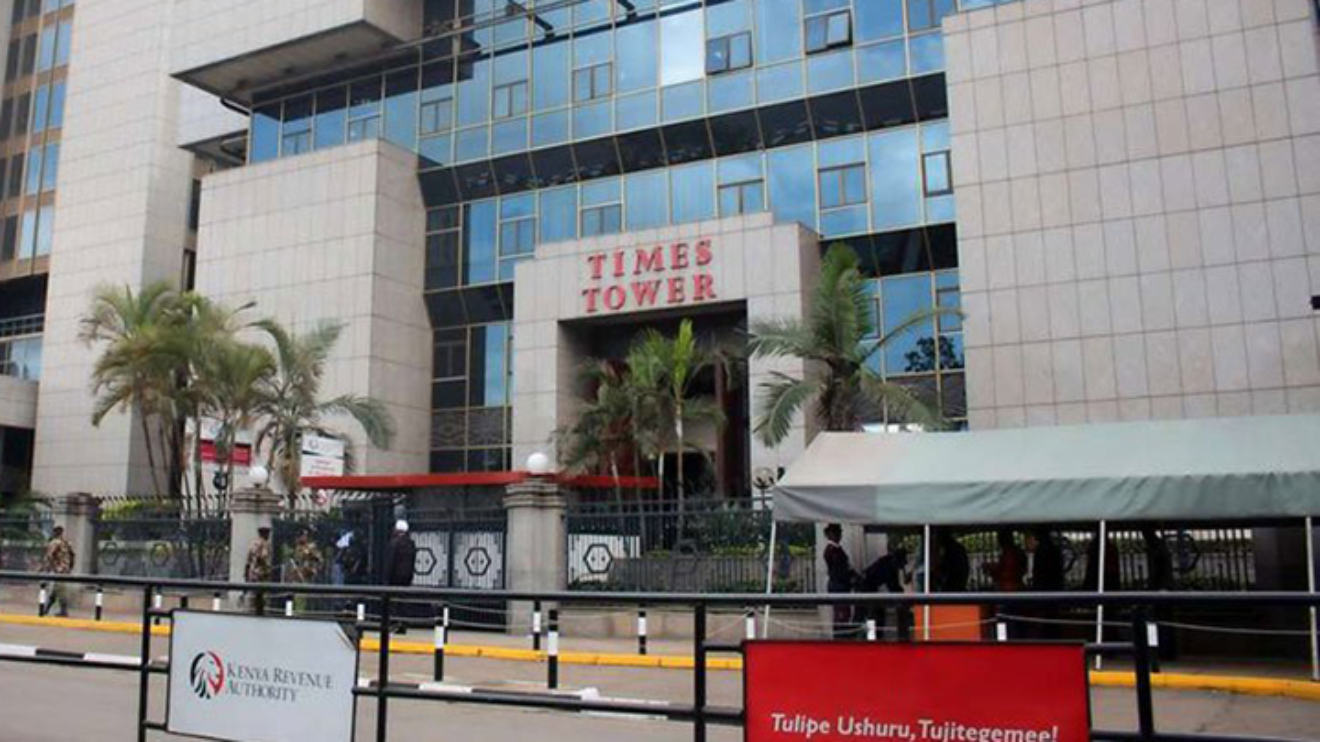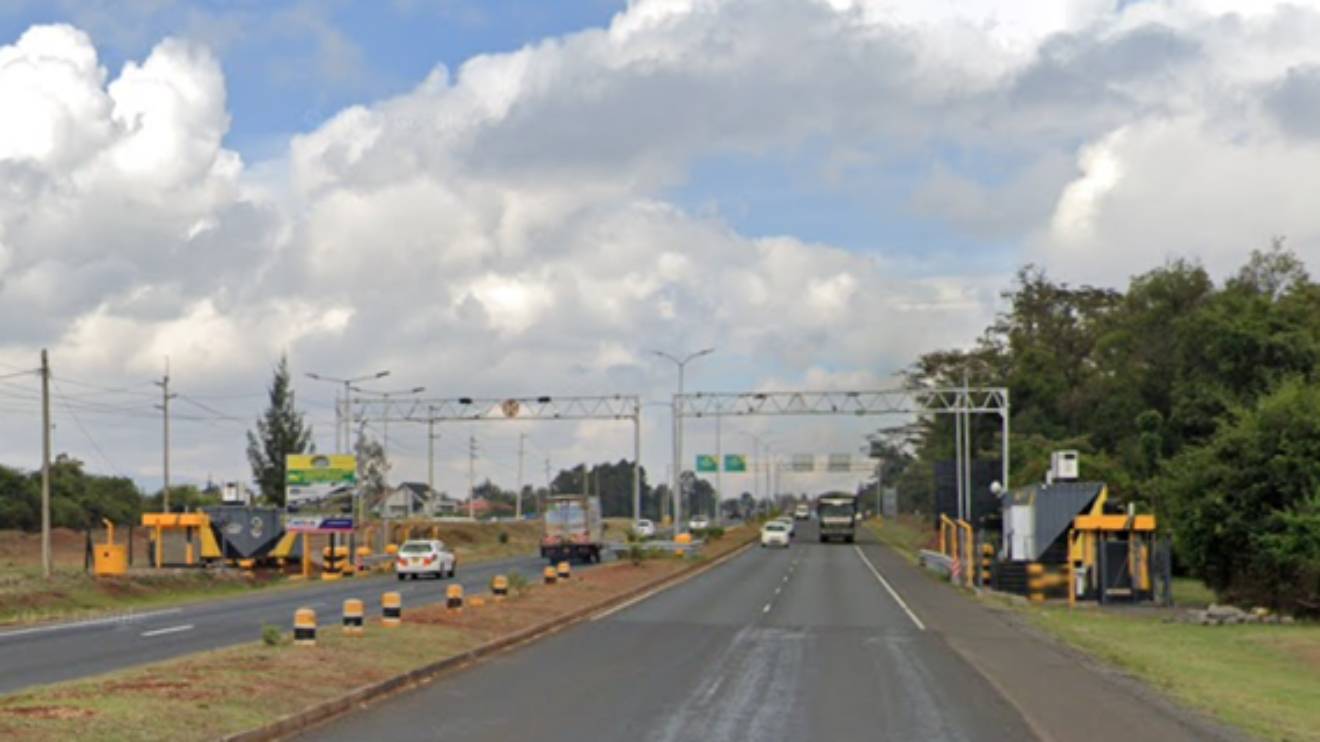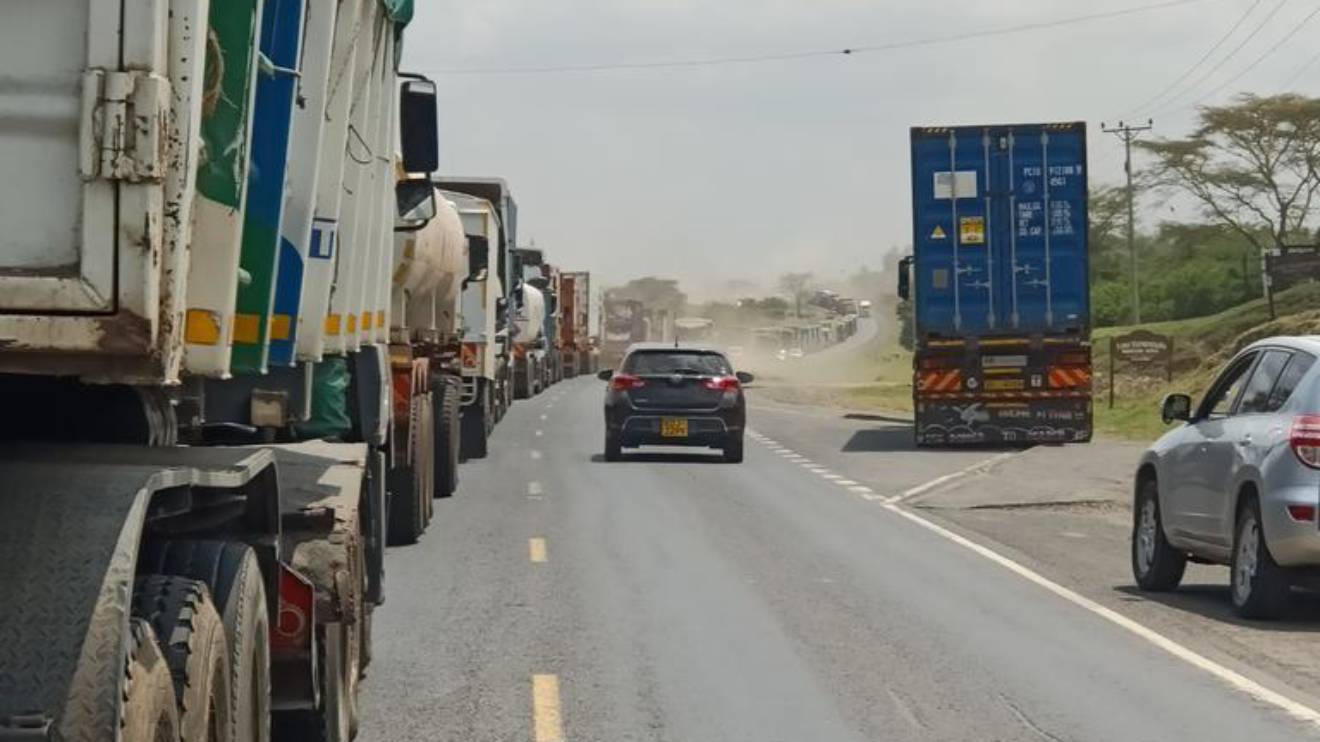SBM Bank Kenya finds itself in a contentious legal battle with the Kenya Revenue Authority (KRA) over a hefty Sh737 million tax penalty linked to its 2017 acquisition of Fidelity Commercial Bank (FCB).
This dispute throws a spotlight on the complexities surrounding the bank's Kenyan expansion plans, which have already been met with several legal hurdles.
The crux of the issue lies in an agency agreement between KRA and the pre-acquisition FCB. Under this agreement, FCB acted as a collection agent for client taxes in 2016.
SBM maintains that FCB fulfilled its obligations, collecting Sh239.29 million in taxes and remitting them to KRA before the bank's acquisition.
However, a curveball was thrown a month after the deal's completion when KRA issued a demand notice for Sh737 million in penalties, alleging delayed remittance of client taxes by FCB.
Read More
SBM vehemently refutes this claim. The bank's response has been two-pronged.
Firstly, they invoked the provisions of the service level agreement by declaring a dispute with KRA.
Secondly, they filed a case in the High Court seeking a double win: temporary protection against KRA's enforcement actions and a court order directing the dispute towards arbitration.
“SBM Kenya declared a dispute in line with the provisions of the service level agreement," SBM stated in a report.
"The bank also filed a case in the High Court seeking temporary protection against enforcement of the claim by the KRA as well as seeking direction by the Court for the dispute to be resolved through arbitration."
The Sh737 million penalty is a significant blow, nearly eclipsing SBM Kenya's entire 2023 net profit.
Despite this financial burden, the bank's directors remain confident.
They express firm belief that the lender will not be found liable and have chosen not to make provisions for the claim in their financial statements.
This confidence stems from their position that FCB fulfilled its obligations before the acquisition.
This tax dispute is merely the latest chapter in a string of legal battles SBM has faced since entering the Kenyan market.
The bank is grappling with a separate lawsuit from disgruntled former FCB shareholders who claim they were promised Sh2.5 billion upon completion of the acquisition.
This lawsuit adds another layer of complexity to SBM's Kenyan foray.
SBM's experience doesn't end there. In 2019, KRA hit the bank with a Sh400 million tax demand related to a liquidity support loan it acquired from the Central Bank of Kenya after the Chase Bank deal.
This dispute dragged on for several years before KRA eventually relented in 2022.
The 2018 acquisition of Chase Bank Kenya's assets also proved to be a legal quagmire.
Afrasia Bank, a Mauritius-based lender, is locked in a legal tussle with SBM over $7.5 million in deposits that allegedly went missing during Chase Bank's collapse.
SBM counters this claim, asserting that the deposits were not part of the liabilities they assumed during the acquisition.
SBM entered the Kenyan market with ambitious plans.
The bank's initial acquisition of FCB was a steal, with a symbolic Sh133 price tag followed by a Sh2.66 billion capital injection.
They further expanded their footprint by acquiring Chase Bank's assets for Sh469,788 and committing Sh7.98 billion in capital.
However, these ambitious plans have been consistently hampered by legal complexities, highlighting the intricacies of navigating Kenya's financial landscape.
The bank's ability to navigate these legal challenges will likely determine the success of its Kenyan expansion strategy.

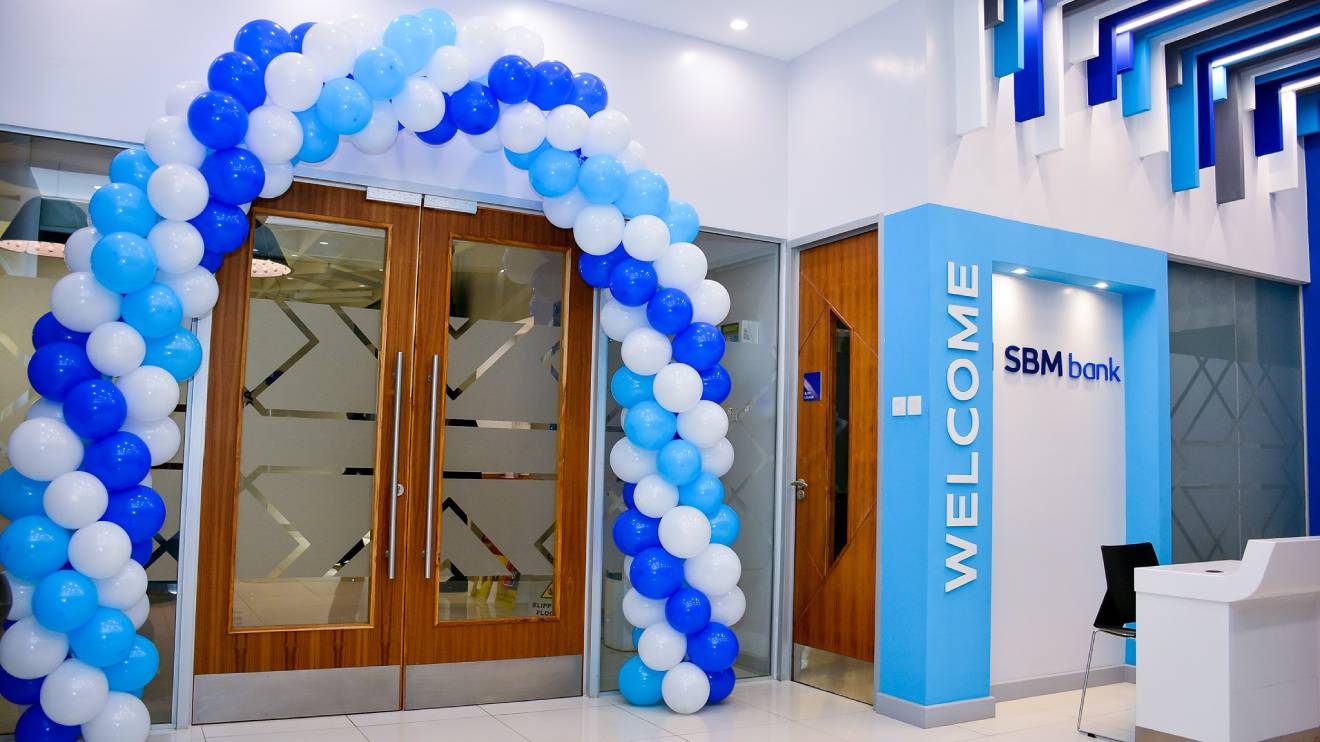

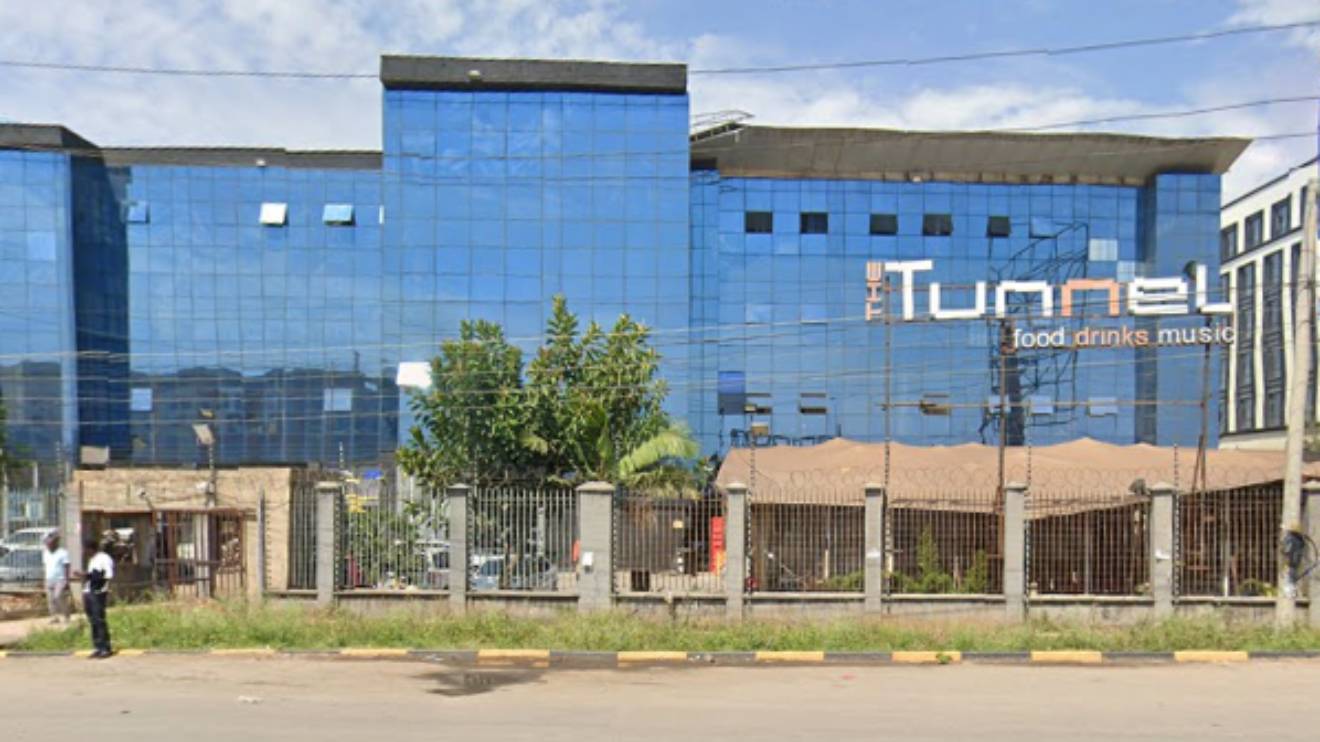

-1734630582.jpg)
-1734623727.jpg)
